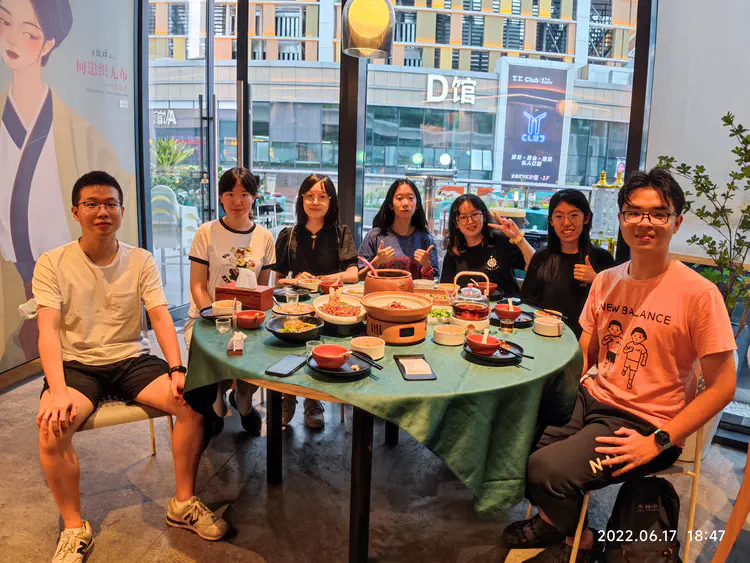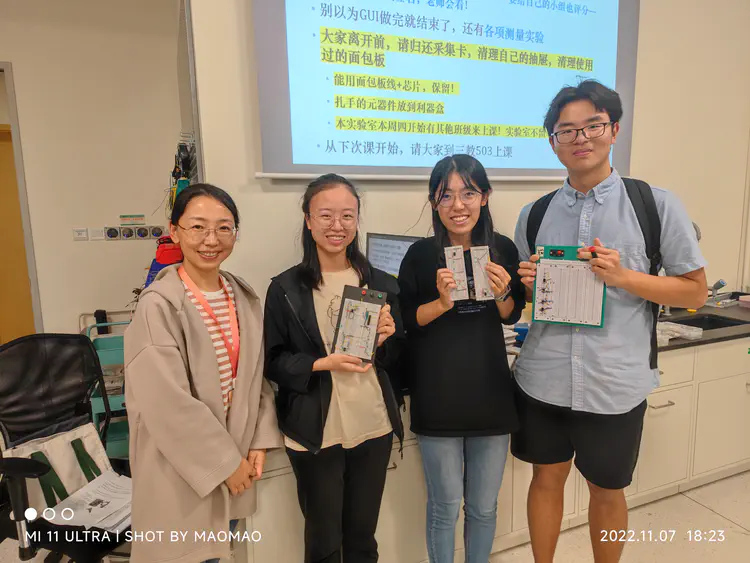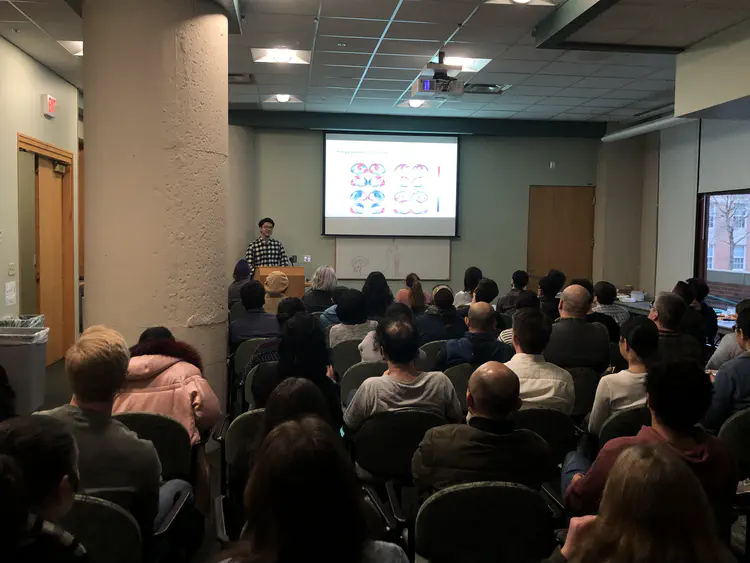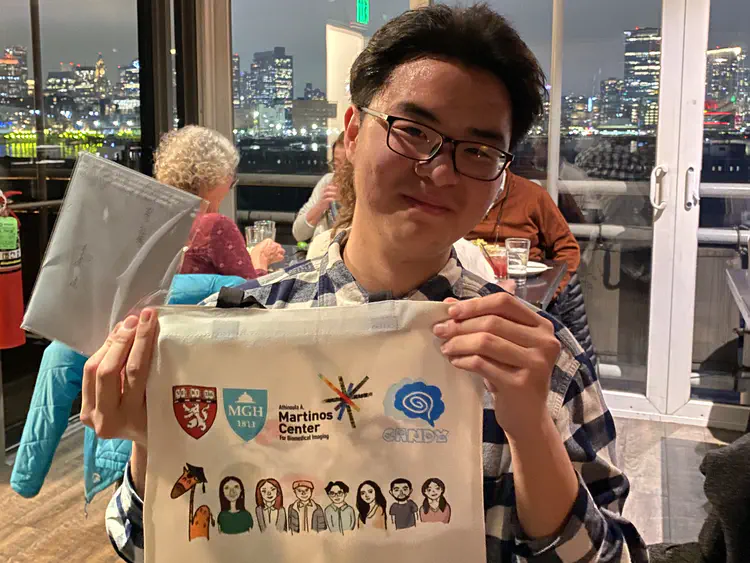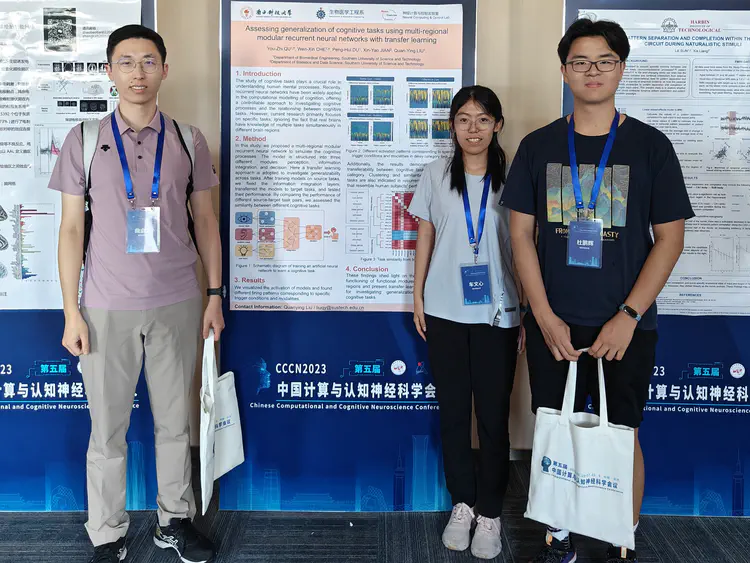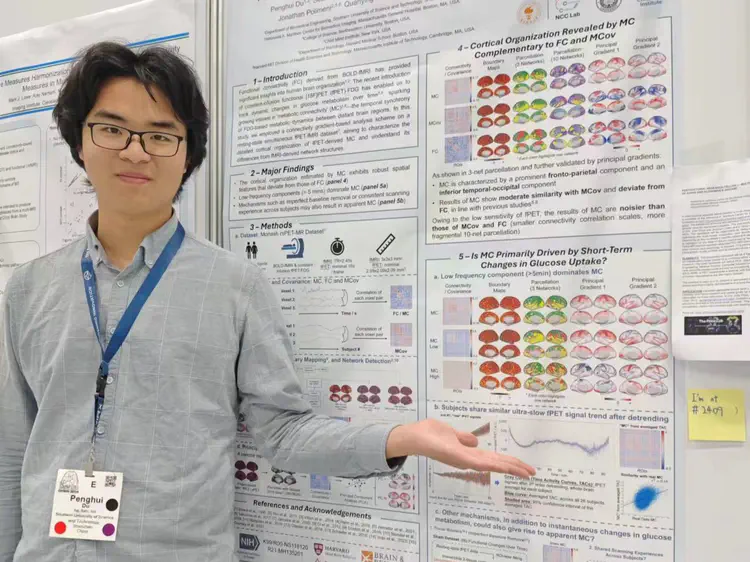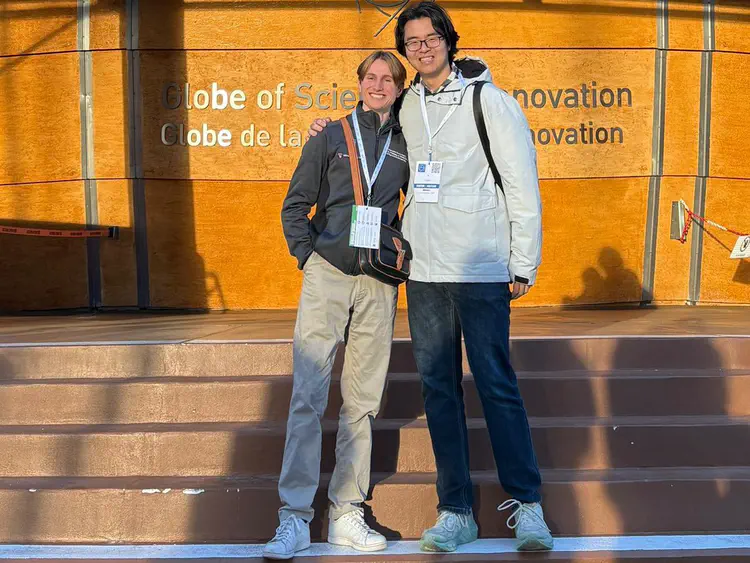Hi! I’m Penghui, currently pursuing a Master’s degree in the Neuro-X program at EPFL. My research interests focus on neuroimaging data analysis and neuromodulation techniques. I plan to pursue a PhD and am passionate about translating insights from neuroimaging to benefit clinical practice and disease research.
Experience
Master Student in Neuro-X
- EPFL/HMS Bertarelli Fellowship (Expected to Start from 2026 March)
Undergraduate Research Assistant
- Supervisor: Dr. Jingyuan Chen (https://jechenlab.com/)
- Research Focus: Human Cerebral Cortex Organization Estimated by Functional PET-FDG “Metabolic Connectivity”
Regular Visiting Student in Neuroinformatics
BSc in Intelligent Medical Engineering
- Academic Supervisor: Dr. Quanying Liu
- GPA: 3.84 / 4 (92.79), Ranking 2 / 22
- 2024 Outstanding BSc Award
- 2022 BME “Fortunatt” Scholarship
- 2022 Outstanding Student Scholarships (First Prize)
Accomplishments
I studied computational neuroscience fundamentals such as reinforcement learning, leaky Integrate-and-Fire models, Hodgkin-Huxley models with my teammates. We then conducted an project on RNN and working memory, and presented our results to other teams.
See certificateI attended various neuroscience lectures in the summer school, followed by our teams presentation on a chosen paper. I was recognized with a Merit Student Award.
See certificateWe designed a deep learning model, combining Transformer and UNet, for labeling the key organs involved in radiotherapy in CT images. Our unique pre-training approach ensured high segmentation accuracy and reduced computational cost, earning us first prize in the competition.
See certificateWe designed a business plan for manufactoring seizure monitor devices for severely ill newborns, and won first prize in the competition. I am team captain in this competition, and I am responsible for proposing technical ideas and designing business plan.
See certificateProjects
In this study, we collected calcium imaging data from zebrafish under various drug conditions using epifluorescence microscope, and explored the effects of distinct drugs on the activity and connectivity of brain networks.
In this study, we proposed a multi-regional modular recurrent neural network to simulate the cognitive processes. The model is structured into three different modules: perception, information integration, and decision. Here
Publications
(2024).
Integration of cognitive tasks into artificial general intelligence test for large models.
iScience.
(2023).
Promoting interactions between cognitive science and large language models.
The Innovation.
(2022).
Transfer learning to decode brain states reflecting the relationship between cognitive tasks.
In International Workshop on Human Brain and Artificial Intelligence.
Contact
- penghui-du@outlook.com / penghui.du@epfl.ch
- +41 77 211 89 07 / +86 158 8937 2606
- 4 Rue Favre-Louis, Ecublens, Vaud 1024
![[OHBM 2024] Human Cerebral Cortex Organization Estimated by Functional PET-FDG Metabolic Connectivity](/project/human-cerebral-cortex-organization-estimated-by-functional-pet-fdg-metabolic-connectivity/featured_hu6e5488439624d870e067fc8241241570_2974244_540x0_resize_q75_h2_lanczos_3.webp)
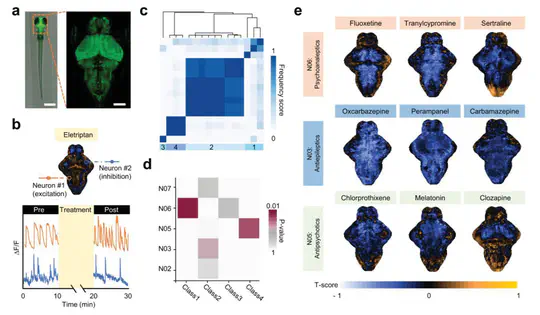
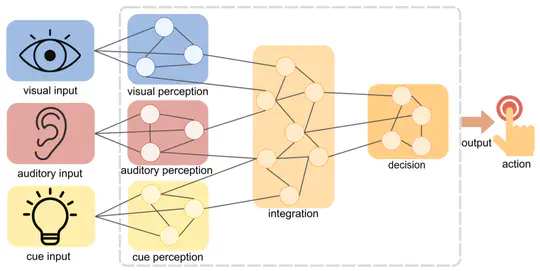
![[Science on Tap] The Organization of Human Cerebral Cortex Estimated by Functional PET-FDG: The Promise and Controversy of Metabolic Connectivity](/talk/science-on-tap-the-organization-of-human-cerebral-cortex-estimated-by-functional-pet-fdg-the-promise-and-controversy-of-metabolic-connectivity/featured_hu87f6e7cf3846a1ffd1f9405ec4c70b41_120771_150x0_resize_q75_h2_lanczos.webp)

